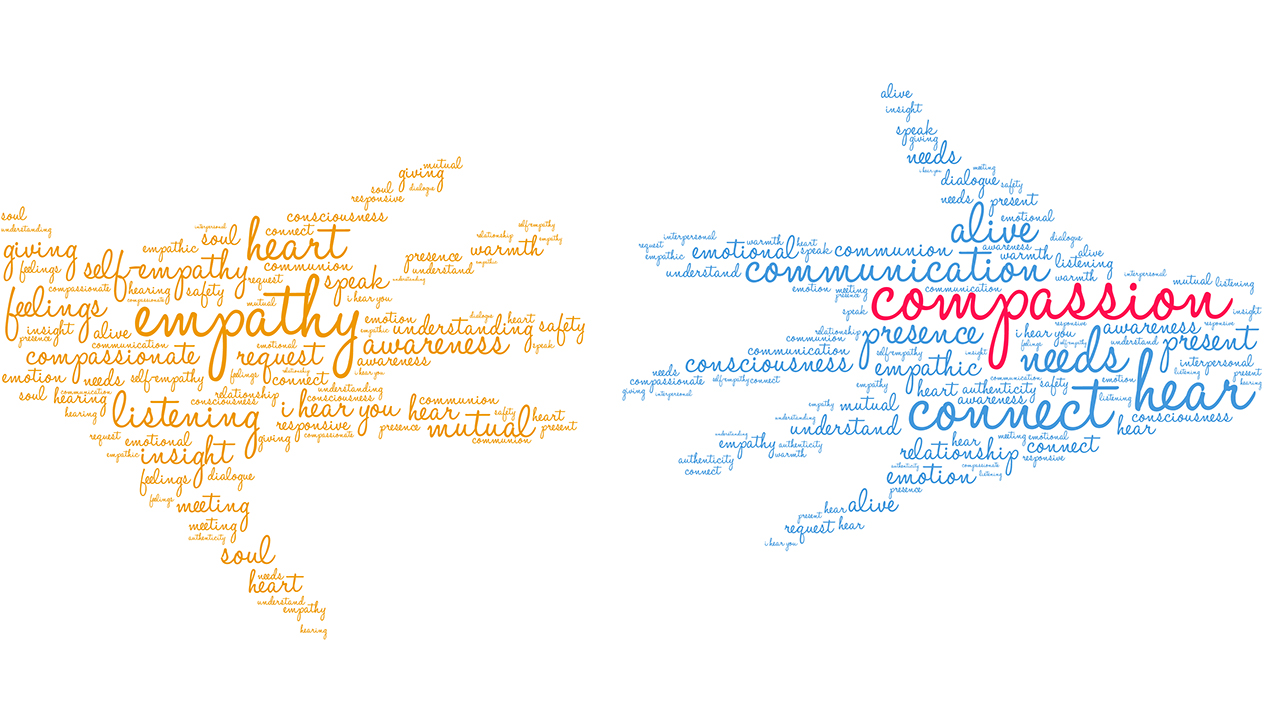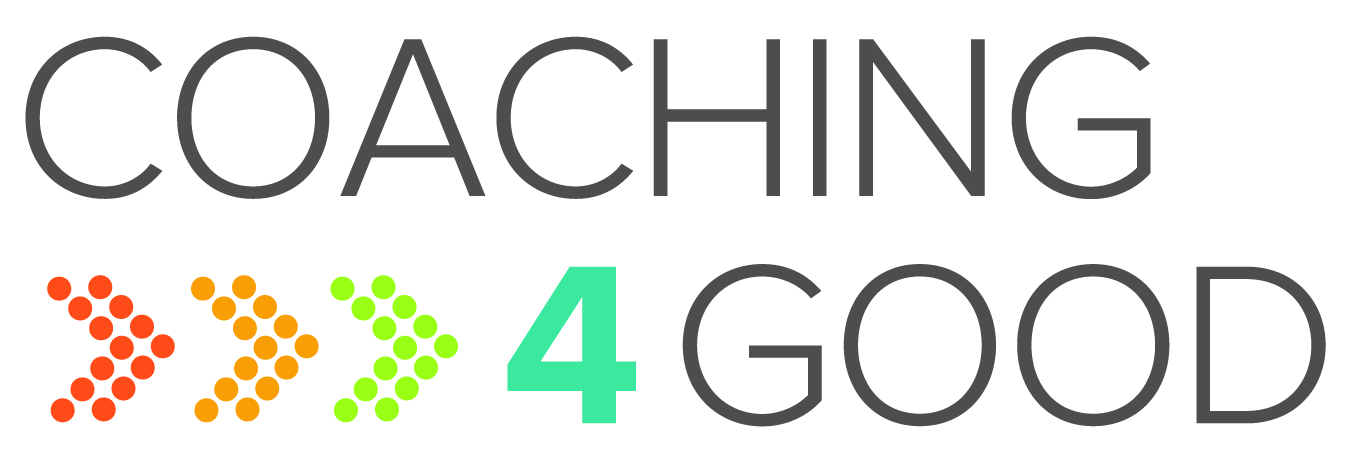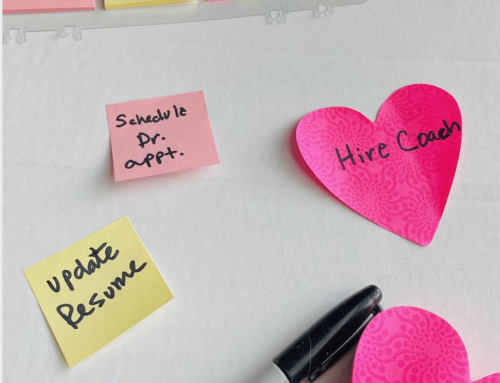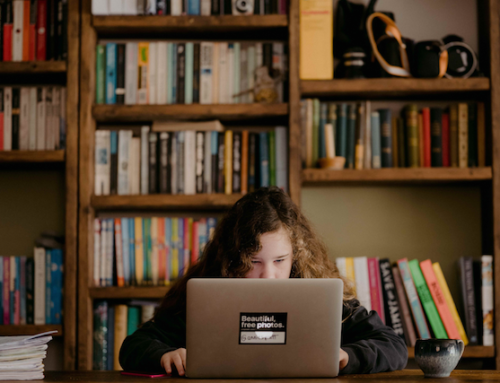
Part 2: Practicing Mindfulness with Friends, Family, and Community in Turbulent Times
For the second post in our Coaching 4 Good series on practicing mindfulness in uncertain times, we are focusing on how to practice mindfulness with family, friends, and community while also building mental resilience.
This year has brought us a new and ever-shifting daily reality, beginning with the COVID-19 quarantines and related economic hardships. And now as our cities and states begin to open up, we are experiencing an unprecedented level of social unrest in connection with the killings of George Floyd, Breonna Taylor, Ahmaud Arbery, and so many more.
We are inundated with the 24-hour news cycle, replete with both disturbing and sometimes hopeful images and updates that may provoke anxiety, anger, dread, and fear as we find ourselves “doomscrolling” (as one of my clients recently put it) on social media. Due to the pandemic, many of us are also spending an unprecedented amount of time at home with our families during this time, which can add to the stress and anxiety we are already feeling with respect to world events.
We may find ourselves turning to our partners and families more than usual for support at this time. Yet we may also feel trapped, in a small space together with them, with no personal time and space for ourselves.
How can we treat ourselves and our loved ones with kindness and compassion when we really want to run screaming out the front door? How can we process and hold space for the social and political events unfolding before our eyes? How can we help and refrain from causing harm?
Three Steps to Mindfulness
A practice that I personally find helpful and extremely relevant to our current circumstances comes from the Zen Peacemakers organization, founded by the late Bernie Glassman.
The Zen Peacemakers have facilitated retreats in zones of conflict all over the world, including a yearly retreat at Auschwitz, where they sit on the railroad tracks where Jews were brought in by the Nazis to be slaughtered during the Holocaust , to share prayers and read aloud the names of the dead. They bring together people of all faiths, including Jews,Christians, Muslims,Buddhists, descendants of both those who died at (and survived) the death camps, and even descendants of Nazi perpetrators.
The three tenets of the Zen Peacemakers are:
- Not Knowing. This means being curious about your experience and the experiences of others without jumping to conclusion or judgement. This requires humility and refraining from thinking that you already know the answers.
- Bearing Witness. We hold space for the suffering (and the joy) of ourselves, others, and the world. It’s about listening and practicing empathy rather than putting your own opinions and agenda first.
- Taking Action. Then, only after practicing the first two steps, do we move into taking action with compassion, kindness, and hopefully a little bit of wisdom.
These principles can apply to our own internal struggles, to challenges in interpersonal relationships, and to our engagement with the larger social and political realm.
Practicing these tenets requires paying attention to the stories we are constantly telling ourselves and asking if they are really true. Mindfulness practice is a way of spending quality time with yourself and attending to your own thoughts and feelings. It is here you can begin to observe what’s got you stirred up, notice if you’re making assumptions or jumping to conclusions, take ownership of your own thoughts and feelings, and then finally assess whether (or not) some kind of meaningful action is required.
Turning Mental Resilience into Action
When in doubt or in the heat of emotion, it is helpful to pause, observe what you are thinking and feeling, and allow some space before taking appropriate action (or in fact refraining from action, as in firing off an angry email or snarky social media post).
Sometimes it is important to communicate or act on what you are feeling, and sometimes it is not. Your mindfulness practice can help you discern when the time is right to speak or act, specifically whether or not the other party or the situation is receptive to such efforts. It can also help you discern if you are remaining silent out of fear or complicity, then find the courage to speak up and speak out against injustice, whether to ourselves or others.
In my own experience, when everything I hold dear has been ripped away, everything that felt solid and certain suddenly gone after a prolonged illness or injury, the loss of a relationship, the aftermath of a natural disaster, or during this time of coronavirus and social upheaval, sometimes all I can do is simply breathe and keep putting one foot in front of the other, one moment at a time.
In some ways, this is the most profound practice of mindfulness; when we have been kicked out of our collective comfort zones and are forced to be fully present in this moment, to ourselves and others in all of our anguish, anger, hope, anxiety, joy, fear, and love.
The next post in the series will focus on practicing mindfulness at work, whether we are working out in the world or virtually from home. In the meantime, reach out to friends, loved ones, or even one of us from the C4G Collective who can listen to and support you.
Melinda Rothouse, Ph.D. , is a career, creativity, and leadership coach with Coaching4Good. She is also a longtime mindfulness practitioner and teacher. Her new book, A Mindful Approach to Team Creativity and Collaboration: Creating a Culture of Innovation, is due out in the fall of 2020 from Palgrave Macmillan.
, is a career, creativity, and leadership coach with Coaching4Good. She is also a longtime mindfulness practitioner and teacher. Her new book, A Mindful Approach to Team Creativity and Collaboration: Creating a Culture of Innovation, is due out in the fall of 2020 from Palgrave Macmillan.








Stay In Touch